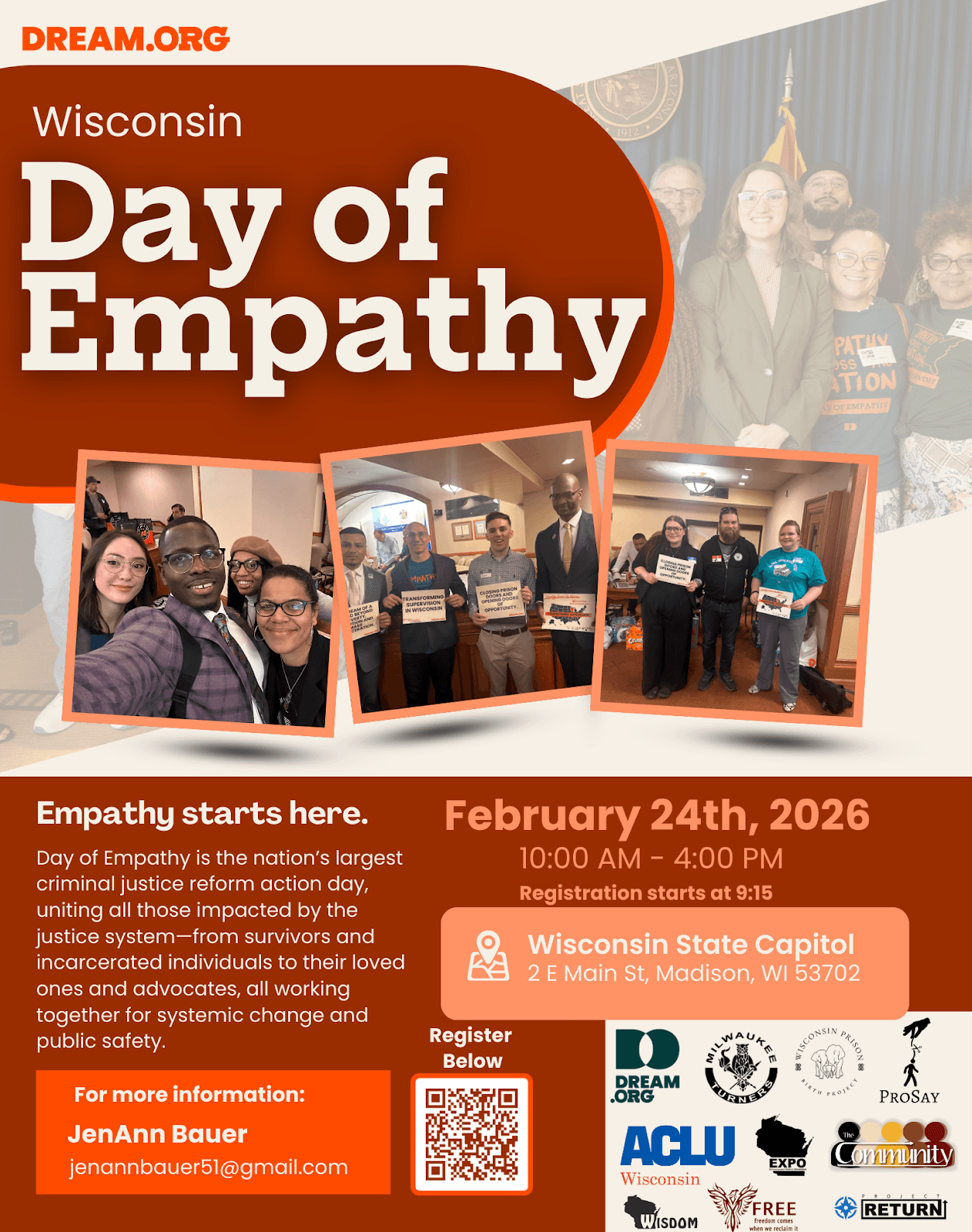Legislation creates community reentry centers to provide prisoners with flexible services designed to lessen recidivism
Credit: Adam Procell- Special to Milwaukee Journal Sentinel
As someone who spent a quarter of a century behind bars, I know firsthand the challenges that come with reentering society. I was incarcerated for a gang-related homicide that took place three days after I turned 15. I was initially the smallest and youngest inmate in the adult prison system. I served time in Green Bay Correctional Institution, Supermax Correctional Institution, a number of medium security prisons, and was paroled from Oakhill Correctional Institution.
The transition from incarceration back into the community is fraught with obstacles, from securing housing and employment to accessing health care and education. Yet, despite the best efforts of dedicated staff and volunteers, our current reentry system remains fragmented and inadequate, often leaving those most in need without the support they require.
This is why I authored Act 233, a true systems change piece of legislation that aims to establish community reentry centers throughout Wisconsin, with the pilot right here in Milwaukee. These centers are designed to be a one-stop shop for individuals as they transition on from prison back into society, offering a comprehensive suite of services that includes health, identification, financial, housing, employment, education, and supervision support.
Legislation designed to make reentry programs more efficient
The idea behind Act 233 is simple: instead of dispersing reentry services across multiple locations, which creates unnecessary barriers and inefficiencies, we should centralize these services in accessible community hubs. By bringing together a range of service providers under one roof, we can ensure that individuals receive the coordinated, holistic support they need to succeed in their reentry journey.

Oct 9, 2024


